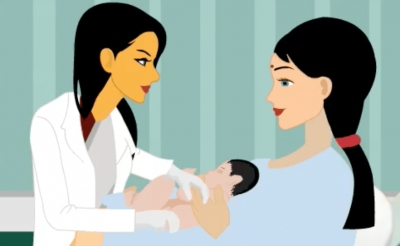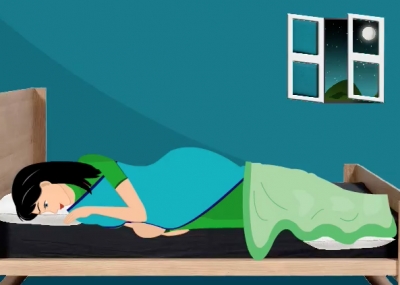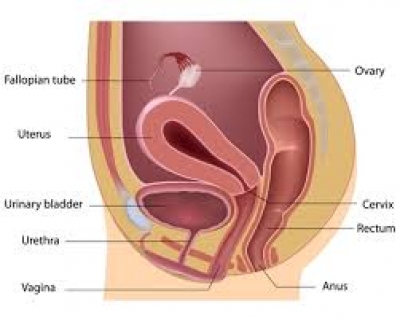By 2 months of pregnancy, 90 per cent of women will experience symptoms of pregnancy. Early pregnancy and symptoms you get before your period(Premenstrual) symptoms are often similar and vague, leaving many women guessing whether they are pregnant or premenstrual. Remember - Not all women will experience typical pregnancy symptoms.
If pregnancy is suspected, it is important to make healthy lifestyle choices and see your doctor as early as possible.
Some of the early signs of early-stage pregnancy are -
- A missed period is often the first sign of pregnancy. Implantation bleeding can happen around the usual date of menstruation. Implantation usually involves light spotting, lasts less than a day, and comes sooner than the expected period.
- Nausea, or morning sickness, is a common symptom for some women who are pregnant. Not all pregnant women experience nausea, while some experience it for a few weeks, others experience it throughout their pregnancy. Nausea can begin as early as 5 weeks.
- Changes in the breasts, especially at the start of a first pregnancy, can serve as early indicators of pregnancy. Breast tissue increases in preparation for milk production. Veins become more visibly noticeable on the breasts, and the nipples might darken in colour. Breasts and nipples can feel tingly, sore, and sensitive to touch.
- Frequent urination often starts to occur early in pregnancy. It is caused by the growing uterus, as well as hormonal changes that increase blood circulation to the pelvis. If urination becomes painful, do contact your physician.
- Fatigue, dizziness are common early signs of pregnancy. During early pregnancy, it is normal to feel tired, and women who are pregnant should increase the amount of time they spend sleeping, eat a healthy diet, and continue regular exercise to counteract this fatigue.
- Cramping similar to that experienced during menstruation is common. Mild uterine cramping without bleeding is normal in the first trimester and is the result of the uterus expanding. But, if you have a confirmed pregnancy and experience intense cramping or vaginal bleeding, seek medical attention.
- Abdominal bloating, constipation, and heartburn
- Food cravings and aversions are common in early and later pregnancy. It is important for the health of both the woman who is pregnant and the fetus to ensure adequate intake of calories from nutrient-dense foods during pregnancy. Both mother and child need a good intake of nutrients, especially protein and folic acid.
- Sudden changes in mood might be related to hormone changes, fatigue, and stress in early pregnancy. It is normal to feel increased emotional sensitivity and abrupt fluctuations in mood.
- Light-headedness in pregnancy can result from changes in blood volume and pressure, altered balance due to weight changes, and other factors, such as iron deficiency anemia. Some light-headedness is normal, but it should only be a cause for concern if this symptom persists after lying back down. Changing positions more slowly, drinking plenty of fluids, and eating smaller, more frequent meals can help to reduce the frequency of light-headedness. If symptoms persist, speak with your physician.
- Headaches are common in early pregnancy as a result of hormonal changes.
If you experience any of the above symptoms and if you suspect you could be pregnant, then get a urine pregnancy test done and also get an appointment form your physician and get pregnancy confirmed.






